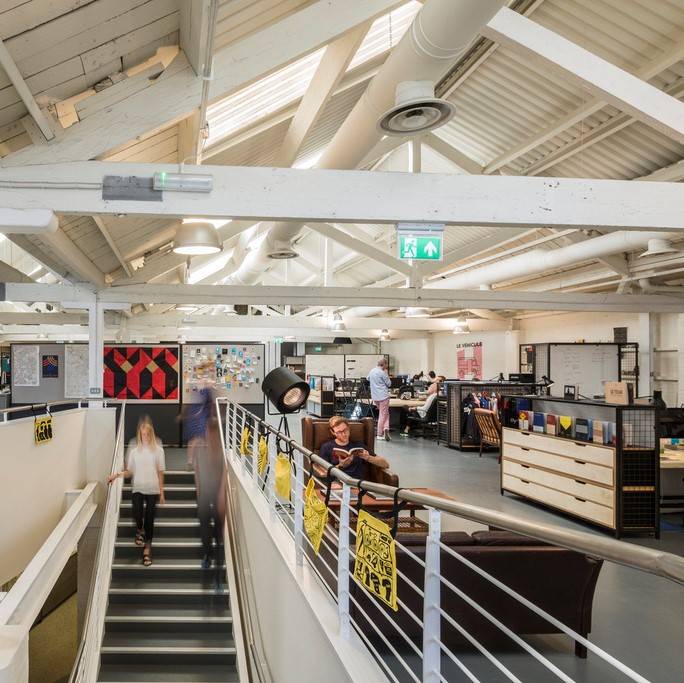February 19, 2018
The key to tackling future economic challenges is to harness the ageing workforce
 Providing American seniors with better work incentives and opportunities will be crucial for the United States to meet the challenges of its rapidly ageing population. By 2028, more than one in five Americans will be aged 65 and over, up from fewer than one in six today, according to a new OECD report. Working Better with Age and Fighting Unequal Ageing in the United States finds that employment rates among older workers in the United States are above the average across OECD countries. In 2016, 62 percent of all 55-64 year olds were employed compared with the OECD average of 59 percent. However, employment rates are much lower among the ageing workforce. Early retirement is prevalent among workers from vulnerable socio-economic backgrounds, often occurring as soon as Social Security benefits become available at age 62. Poverty among seniors is a challenge: more than 20 percent of peopled aged 65 and over have incomes below the relative poverty line – defined as half of the median disposable household income – compared with the OECD average of less than 13 percent.
Providing American seniors with better work incentives and opportunities will be crucial for the United States to meet the challenges of its rapidly ageing population. By 2028, more than one in five Americans will be aged 65 and over, up from fewer than one in six today, according to a new OECD report. Working Better with Age and Fighting Unequal Ageing in the United States finds that employment rates among older workers in the United States are above the average across OECD countries. In 2016, 62 percent of all 55-64 year olds were employed compared with the OECD average of 59 percent. However, employment rates are much lower among the ageing workforce. Early retirement is prevalent among workers from vulnerable socio-economic backgrounds, often occurring as soon as Social Security benefits become available at age 62. Poverty among seniors is a challenge: more than 20 percent of peopled aged 65 and over have incomes below the relative poverty line – defined as half of the median disposable household income – compared with the OECD average of less than 13 percent.























February 12, 2018
Luther, Marx, Engels and a nailed-on manifesto for workplace change
by Mark Eltringham • Comment, Facilities management, Workplace design
(more…)